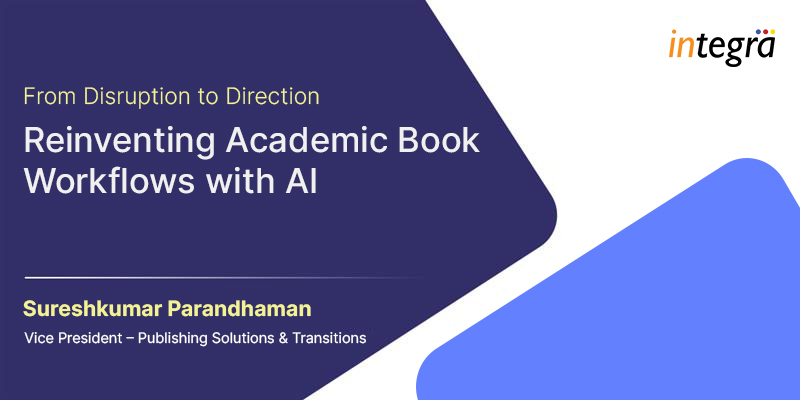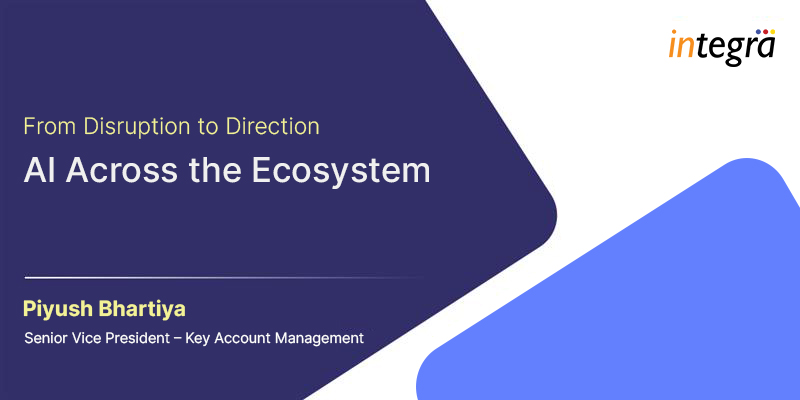AI in Education: Innovative Approaches to Assessments for Improved Learning Outcomes

Understanding Learning Outcomes
Learning outcomes are precise, measurable statements outlining what students are expected to know, do, or value by the end of a course or program. These outcomes guide both instruction and assessment, ensuring educational goals are met effectively. Educators often categorize them into three domains:
- Cognitive (knowledge-based): Understanding key concepts or theories.
- Affective (attitude-based): Developing a positive attitude toward a field of study.
- Psychomotor (skill-based): Performing specific tasks or skills.
Clear learning outcomes align teaching methods and assessment strategies with educational goals, providing a roadmap for both educators and students. By defining successful learning, educators can create structured and coherent learning experiences that facilitate student achievement.
AI in education is increasingly transforming the teaching and learning value chain. AI technologies support personalized learning, automate administrative tasks, and provide data-driven insights into student performance.
- Personalized Learning: AI-powered tools adapt to individual student needs, offering customized learning paths and real-time feedback. For example, adaptive learning systems adjust content and pacing based on student progress.
- Automated Grading: AI can handle multiple-choice and short-answer questions, freeing educators to focus on complex tasks and providing students with instant feedback.
- Data Analysis: AI analyzes large datasets to identify trends and patterns in student performance, offering valuable insights for instructional strategies and interventions. Predictive analytics can forecast student outcomes, allowing for early support.
By leveraging AI in both curriculum and instruction, educators can enhance the precision and effectiveness of learning outcomes through innovative assessments.
Traditional Methods of Assessing Learning Outcomes
Traditional assessment methods, such as multiple-choice tests, quizzes, and standardized exams, have been the cornerstone of evaluating student performance for decades. These methods are characterized by their structured format and ease of analysis, providing a straightforward way to measure student knowledge and skills objectively. However, they are several limitations with these methods:
- Rote Memorization: Focuses on recall rather than higher-order thinking skills like critical analysis and problem-solving.
- High Stakes: Induces stress and anxiety, which can negatively impact performance and does not always reflect true understanding or potential.
- Lack of Timely Feedback: Results are often used summatively rather than formatively, missing opportunities to guide ongoing learning and instruction.
Given these limitations, there is a growing need for innovative approaches to assessment that can address the shortcomings of traditional methods.
AI-Powered Assessment Tools
Innovative assessments aim to evaluate a broader range of skills and competencies, including critical thinking, creativity, and collaboration. AI integration can improve assessment effectiveness and fairness by providing real-time feedback, adapting to individual learning needs, and analyzing large datasets for insights.
Adaptive Learning Systems
- Use AI to tailor educational content to individual student needs.
- Analyze data on performance and learning behaviors to adjust content delivery.
- Lessons adapt to student learning paces and preferences.
Automated Grading and Feedback
- Provide quick, objective feedback on student assignments.
- Handle various assessments, including multiple-choice tests and essays.
- Allow educators to focus more on instruction and student engagement.
Predictive Analytics in Education
- Use AI to analyze data and forecast student performance.
- Identify potential issues early.
- Track metrics such as attendance, participation, and assessment scores.
- Generate comprehensive reports to inform decision-making and personalize educational strategies.
Benefits of AI in Learning Outcome Assessment
- Personalized Learning Experiences: AI customizes educational content and assessment methods to each student’s unique needs, promoting continuous improvement and engagement.
- Real-Time Data and Insights: AI offers immediate feedback on student performance, identifying learning gaps and enabling timely interventions.
- Increased Accuracy and Objectivity: AI-powered assessment tools provide fair and consistent evaluations, reducing potential human bias and error.
Case Studies and Real-World Applications
AI has been successfully integrated into various educational settings, demonstrating its potential to enhance student learning outcomes and streamline administrative processes. Here are two powerful examples that:
- Personalization and Adaptivity: Knewton, an adaptive learning platform, reported a 62% improvement in test scores among students using its AI-powered program compared to those who did not. The platform provided personalized feedback and tailored the learning experience to each student’s individual needs and abilities.
- Early Intervention and Support: Ivy Tech Community College, Indiana, conducted a pilot study using AI to identify students at risk of failing within the first two weeks of the semester. This early intervention saved 3,000 students from failing, with 98% of contacted students obtaining a C grade or better by the end of the semester.
Future of AI in Assessments
While AI enhances educational assessment, human oversight is essential to interpret AI-generated data meaningfully. Providing context and maintaining the personal touch is critical for student development. The future of AI in educational assessment will see continued technological advancements, making AI tools more sophisticated and integrated into everyday practices.
The integration of AI in education offers creative possibilities, from personalized learning experiences to real-time feedback and more accurate assessments. Addressing challenges thoughtfully can greatly enhance teaching and learning outcomes, preparing students for a future where AI plays an integral role.
Recent Blogs

Research Integrity vs. Publication Integrity: Clarifying Responsibility in Scholarly Publishing

From Disruption to Direction: Reinventing Academic Book Workflows with AI


